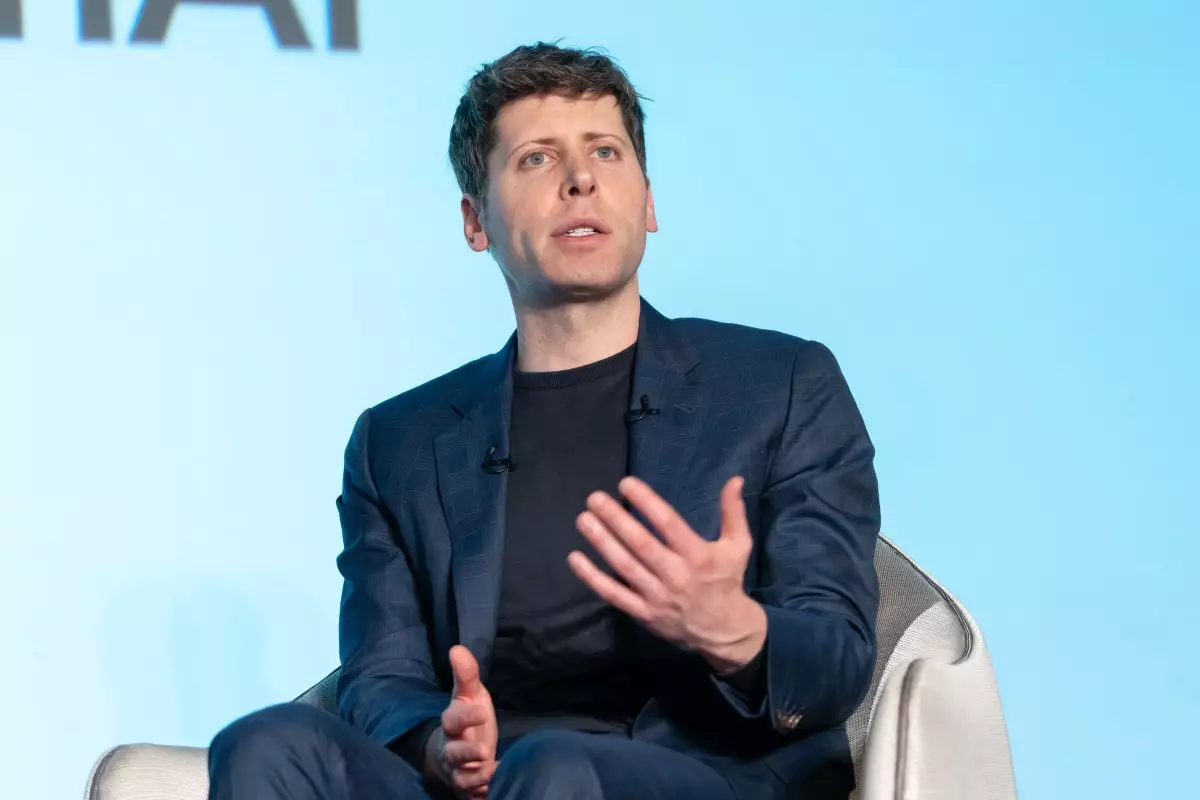In an unexpected twist, OpenAI has secured a monumental $200 million contract with the United States Department of Defense (DoD). This partnership signifies a profound shift in how artificial intelligence can be leveraged in national security and defense strategies. With the landscape of AI applications expanding, OpenAI is stepping into a realm that intertwines technology with crucial governmental defense responsibilities. However, this new venture raises questions about how it aligns with the company’s foundational ethos of promoting safe and responsible AI.
Microsoft and OpenAI: A Complicated Relationship
OpenAI’s relationship with Microsoft, its largest investor, has been pivotal to its growth and innovation. However, the recent defense contract could present strain within this partnership. Over the past few months, tensions have reportedly risen as both entities extend their reach in the enterprise space. Microsoft, heavily invested in cloud services and AI, may view OpenAI’s foray into defense as a potential divergence from its corporate strategy. The lingering question arises: Can these two powerhouses maintain a coherent narrative as they navigate their respective ambitions in the competitive tech landscape?
The Ethics and Implications of AI in Defense
By collaborating with the DoD, OpenAI finds itself at the crossroads of innovation and ethics. The utilization of AI in military contexts poses intricate moral dilemmas that cannot be overlooked. Critics might argue that this deal runs counter to OpenAI’s commitment to safe AI practices. As the company harnesses advanced algorithms for potentially lethal applications, the discourse around responsible AI becomes all the more pressing. Equally, this necessitates a reevaluation of what it means to innovate within a domain that often prioritizes security over ethical considerations.
Enterprise Competitiveness: Allies or Rivals?
The increasing competitiveness between OpenAI and Microsoft in securing and deploying enterprise contracts cannot be minimized. As businesses increasingly lean on AI capabilities for transformative operations, both entities are racing to provide solutions that are not only innovative but also scalable. OpenAI’s military contract may sharpen this competitive edge, thereby putting both companies on a collision course as they vie for dominance in the enterprise sector. One must wonder if this burgeoning rivalry will compel Microsoft to reevaluate how it positions itself against a collaborator that may also become a competitor.
The Future of AI Collaboration
The landscape of partnerships in technology is evolving rapidly, particularly within the AI sector. OpenAI’s recent endeavors with the DoD could set a precedent for future collaborations between tech firms and government agencies. Should this model prove successful, it may entice additional tech companies to pursue similar partnerships. However, the ramifications of these collaborations will likely spark debates around the ethical deployment of technology, accountability, and the overarching implications for civil liberties.
In light of these developments, the future trajectory of OpenAI, Microsoft, and the broader AI industry is fraught with both challenges and opportunities. The intertwining of technological frontier and defense not only disrupts traditional views of corporate responsibility but also holds the potential to redefine the parameters of innovation in the realm of artificial intelligence.

